
The problem of obesity
Obesity is the disease of a modern world. Fast times and fast food, which contain more calories than we need makes it very hard to maintain, in the best case, a decent waistline. There are people who have unfortunately gone off the scale and looking less than the good is least of their problems as being severely overweight creates numerous problems for the organism and can lead to a variety of serious diseases.
On the other hand, there are people whose weight is not so drastic, but who want the easy way out of keeping their weight in check. One form of this dirty trick for loosing weight or keeping it down is restrictive surgery, a type of surgery that limits the amount of food that one can consume, thus reducing the possibility to overeat and flood the organism with more calories than it needs, or, preventing the person from consuming sufficient calories, which will force the body to draw on its energy stores, which means burning fat and loosing weight.
Gastric sleevesurgery
Gastric sleeve surgery, also known as resection, is a form of weight loss surgery. Other common names for this surgical procedure are vertical sleeve gastrectomy or bariatric weight loss surgery. This surgery is aimed at reducing the size of the stomach for up to seventy five percent. This means that after the surgery you can eat no more in one go than a quarter of what you could eat before the surgery. Normally, the stomach is a sack with a wide curve, but after the surgery it looks like a thin tube. A great trick of this kind of surgery is that it triggers hormonal changes which reduces occurrence of hunger pangs. Gastric sleeve surgery is also good as it does not rely on effects used by bypass surgeries, that is, food malabsorption or intestinal rerouting, which prevent not only excess calories, but also essential nutrients from being ingested.
Still, this procedure will not perform miracles. It helps, but it is up to you to make changes in your lifestyle after the surgery to obtain and sustain the desired weight. Some dietary changes are necessary even before surgery, such as switching to low fat foods and avoidance of fried foods, sugars and alcohol. Most weight is lost in the first year after the surgery, and the diet plan is adjusted according to the person's reaction, that is, speed of weight loss. This means that foods can be added or removed from your diet as required. Regular exercising is also necessary.




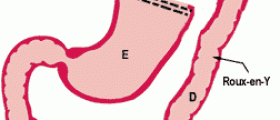

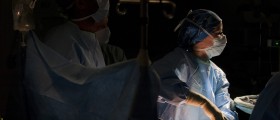
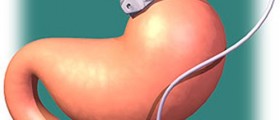



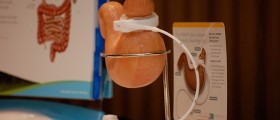
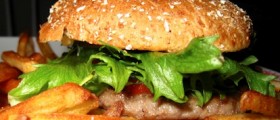



Your thoughts on this
Loading...